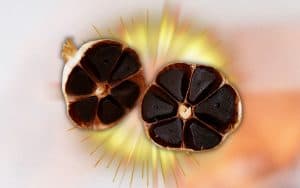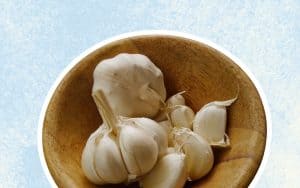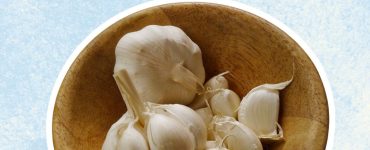Garlic is one of those must-have staples in kitchens across the globe. It can transform the blandest dishes into flavorful masterpieces. However, even if you probably love cooking with garlic over time, adding it to anything you can think of, this ingredient is not always as straightforward as you think. Some even wonder if garlic can affect the shelf life of their meals.
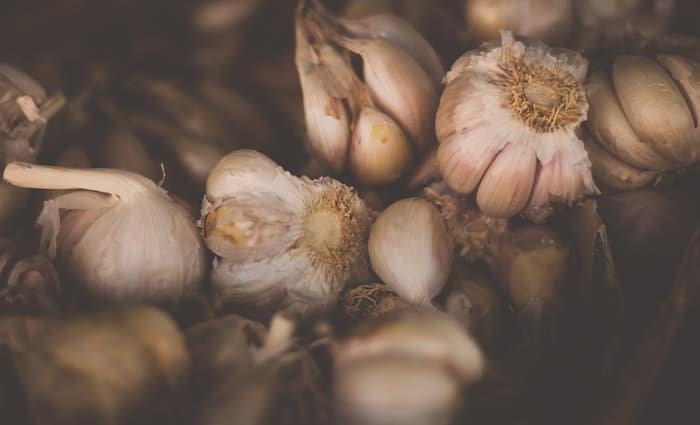
So, do foods with garlic spoil faster?
There is no definite information on whether foods with garlic spoil faster or not. However, there are several common pitfalls about garlic that you should know before you reach for these pungent cloves.
How Do You Store Garlic Properly to Prevent Spoiling?
To make the best out of your garlic cloves, be sure to keep them in a dark and dry place with lots of air circulation at room temperature. The presence of air will ensure that your garlic doesn’t spoil or even sprout too soon.
You can store your garlic in a mesh or paper bag as well to help retain the cool and dry environment. When stored properly, garlic can last for a few months. But the moment you remove the cloves, expect them to spoil faster.
Although it can be tempting, never freeze or refrigerate garlic at all costs because it can affect and ruin both its flavor and texture.
What is the Best Type of Garlic for Your Foods?
While you might find it tempting to choose pre-minced, pre-peeled, or tubed garlic paste, you will be better off if you stick to simple and plain fresh garlic head to achieve the most authentic flavor.
After you chop or remove garlic from the original bulb, the taste and aroma will start to change and weaken over time. It is believed that the allicin starts mellowing out several hours after exposure, and it can be tricky to preserve it once packaged or altered.
In addition, pre-minced garlic placed in a jar is usually combined with preservatives such as citric acid, vinegar, or phosphoric acid that can harshly affect the original taste. If you prefer the pungent and hot flavor of raw garlic, it will be best to choose the real deal and use garlic products such as paste and powder for other applications that require a softer or a more neutral presence of garlicky flavor.
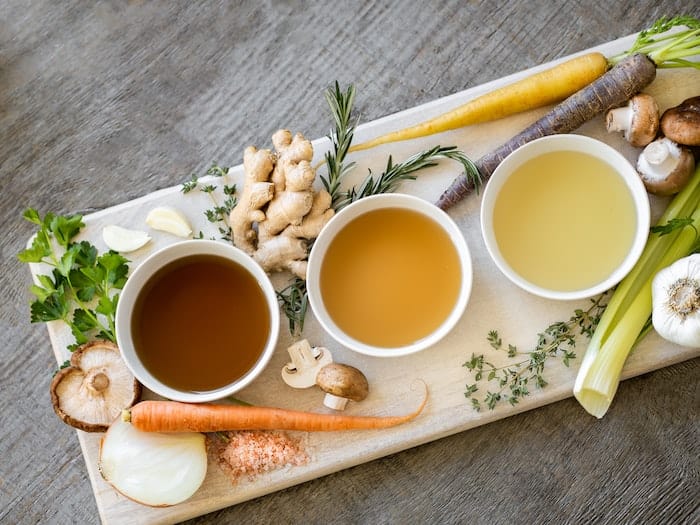
Do You Need to Overcook Your Garlic?
Regardless of what you might have heard before, you don’t necessarily need to sauté garlic first in a pool of extremely hot oil just so you can release its fullest flavoring potential. Doing so will pose a risk of burning it and there is no coming back once it happens.
It is best to save the garlic to be added later during the cooking process, such as when you are prepping the sauce, when you are almost ready to add liquid, or after you have finished cooking the more time-consuming vegetables or proteins. It will allow the garlic to release its tasty magic without any need to burn it to a bitter crisp.
How Do You Prepare Garlic to Avoid Spoilage?
You want to be extra careful of the cooking method that the garlic will undergo when prepping it. Every time you chop or crush garlic, it releases the compound known as allicin which creates the distinct smell and taste of garlic that everyone is obsessed about.
The more you cut or chop garlic, it also releases more allicin and the flavor also becomes more pungent in the process. if you want a mellower taste of garlic, such as for seasoning a sauce, you can chop the cloves roughly into big pieces that will only lightly infuse your dish.
Meanwhile, if you want to add a garlicky and strong bite to the recipe, you might want to consider grating your garlic to increase the amount of allicin. In addition, no matter what garlic form you opt to use for your dish, see to it that the pieces are all consistent in terms of size and shape. Doing so will help ensure that the garlic will be cooked uniformly without any bits left overcooked or undercooked.
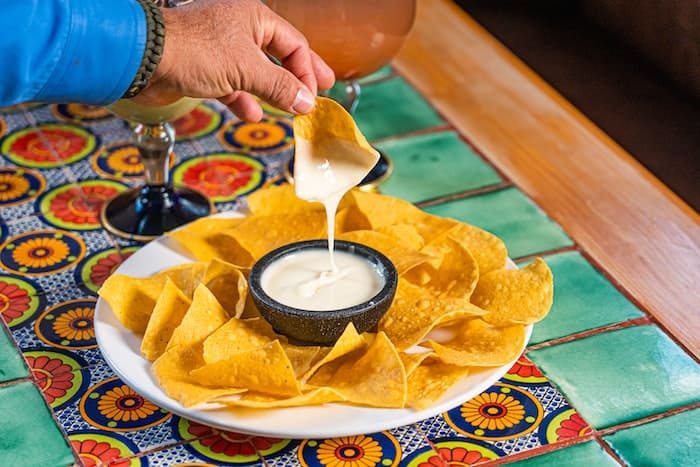
How Do You Peel Garlic the Right Way?
If you need to peel loads of garlic, you might want to try using a savvy peeling hack that can help lessen your prep time. Put the garlic bulb in the middle of two bowls made from stainless steel, rim to rim, to form an egg-like dome. Shape the two bowls quickly for around 30 seconds. After you have finished tossing the garlic enough, it should naturally release from its shell.
While the trick might be a bit loud and might even take more than 30 seconds which depends on the bulb’s size, it is a great method to help you quickly peel a bigger garlic batch simultaneously. A glass mason jar can also be used for this method.
Another trick that you can try if you need to peel a whole lot of garlic is to pour some hot water on the cloves. Wait for one minute before draining the water. Once the garlic cools down to let you hold it, the skins will now slip off faster and easier.
But of course, if you are a hardcore traditionalist, you can always smash the garlic with your trusted knife’s flat side to do the trick.
Can You Buy Stale or Old Garlic Cloves?
At the end of the day, to ensure that you can come up with the perfect garlicky dish that won’t spoil faster, make sure you use the perfect garlic head. You will find the freshest garlic during peak season running from midsummer up to early fall.
When shopping for garlic, choose bulbs that are white and bright and look firm with a tightly bound tip. A light purple color is also acceptable. If you gently squeeze the bulb, it should also feel dry and solid without any shriveling on the sides.
While still palatable, sprouted garlic might mean that the bulb is already past its prime or is stored improperly so stay away from heads with small green shoots peaking out.
These simple tips might spare your foods with garlic from spoiling faster.



